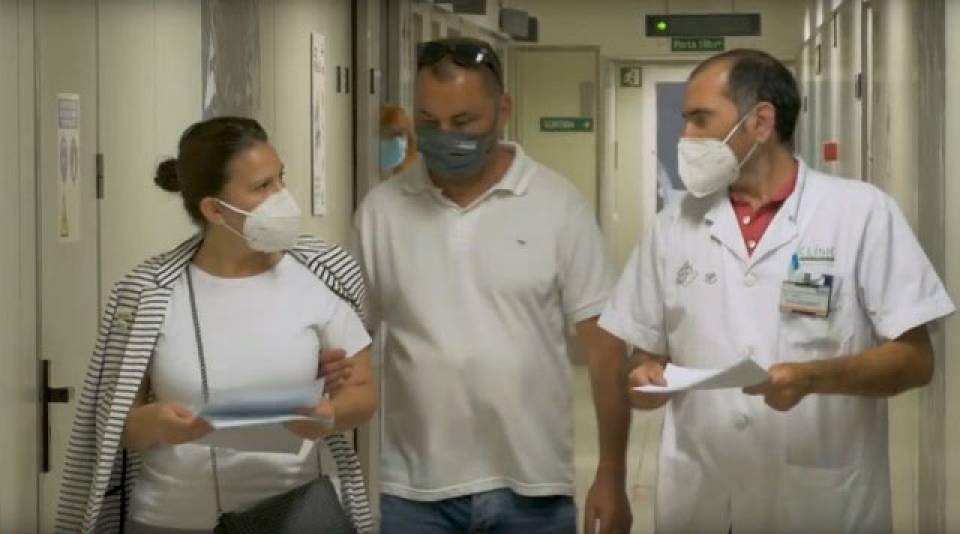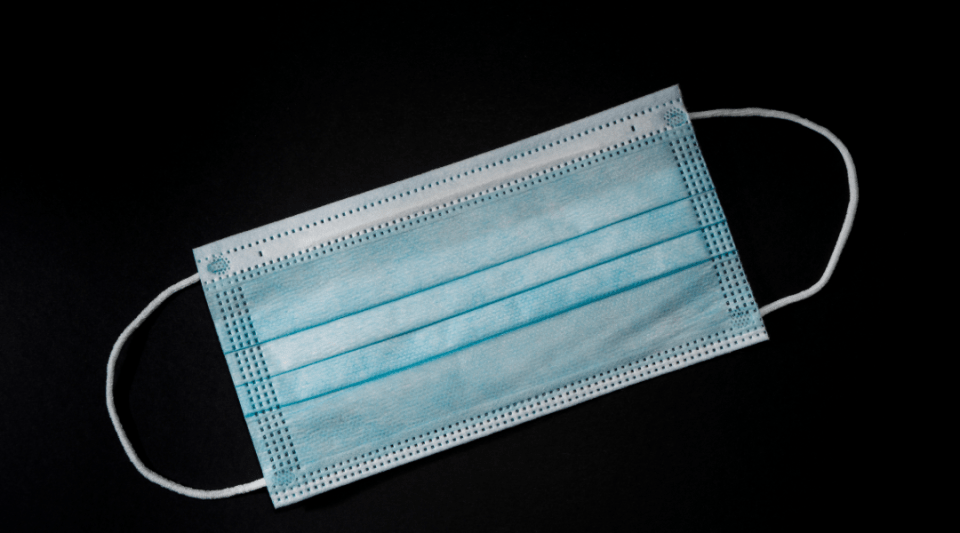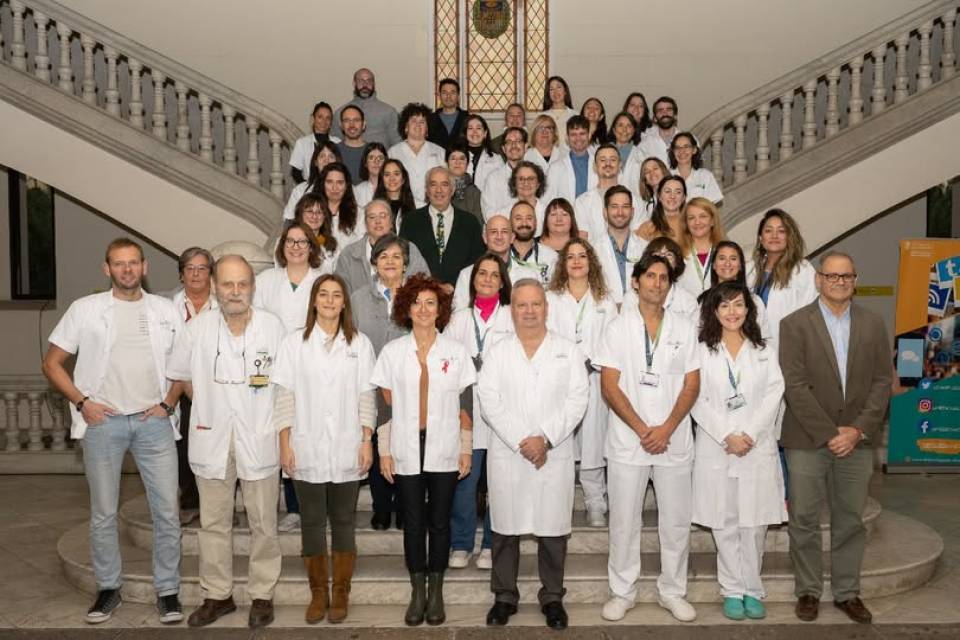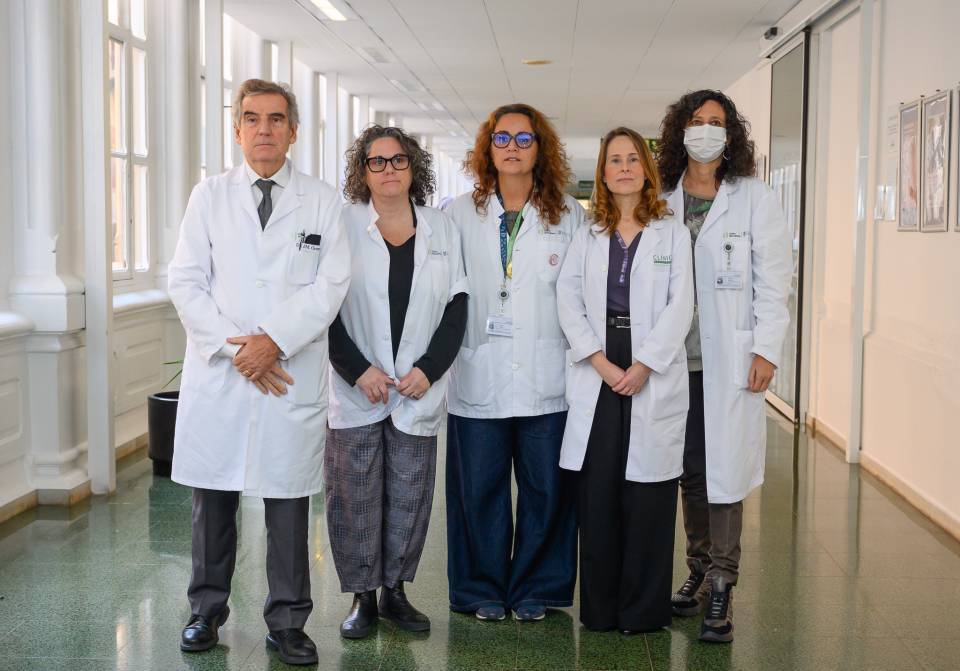Focusing on care in the patient’s experience means a shift in clinical practice towards a crosscutting care model where the patient is the central figure. This healthcare model aims to achieve excellence, quality and humanization… In short, it is a model in which there are teams of professionals who are highly committed to their patients, and in which the patient participates in decisions that affect their health.
Dr. Joan Escarrabill, head of patient experience (XPA) at the Hospital Clínic, stresses that the important thing is to overcome the challenge and ensure that the patient’s experience forms part of the culture and part of the organization’s strategy. In order to achieve this, a cultural change had to be designed and implemented. We worked with professionals, training them and preparing them for the project. The “pilot” project was defined in relation to the kidney-pancreas transplantation process (*). These solutions allowed for a more humane relationship, improved mood, a better perception of well-being, and also facilitated the appearance of an emotional footprint in the patient.
The agreed methodology was followed and the team defined the objectives, selecting the patients in accordance with archetypes, and explored proposed solutions. In relation with the methodology, the multidisciplinary team of professionals worked for the patient, but always with the patient. The kidney-pancreas transplantation process was analysed and explored through interviews, surveys, focus groups, etc., at all times looking for information and aiming to identify unmet needs.
Among the methodologies used, we can highlight the importance of the patient journey map, a map with the description of the entire process that takes the patient from the moment their health problem is detected, and their interaction with the doctors who perform the diagnosis, to their awareness of the illness and the treatment to cure or to stop the illness, depending on the case.
A well-made patient journey map allows for useful connections to be established between the different phases of a disease, in order to approach it from a systemic perspective, and not just from a therapeutic point of view.
The unmet needs in the kidney-pancreas transplantation process include aspects related to doctor-patient communication, how well patients are received by and how easily they can access the healthcare system, and the perceived quality of care.
An illustrated informative video was designed regarding the communication between doctor and patient, and in order to facilitate clear and timely information for decision-making. It provides clear, specific, useful information for the patient using easy-to-understand language. Dr. Pedro Ventura, the project leader, highlights the importance of having suitable material to improve communication with patients and increase trust. The ICNU management welcomes the fact that the Catalan Agency for Health Quality and Assessment (AQuAS) validated this video as a tool to help in decision-making.
In order to improve the patient's navigation itinerary, the figure of the volunteer navigator was incorporated, and the reception project started at the Medicalized Hotel (with support from home hospitalization). The role of the administrative waiting list coordinator was of key importance during the entire process for optimizing visits and complementary tests. For Maria Mateu, head of Volunteering at the Hospital Clínic, this figure is a great help to patients from outside of Barcelona, because they help them get their bearings and allow them to focus on the schedule of programmed visits, reducing the stress that being in an unfamiliar hospital entails.
In order to improve access to the services and the patient’s perception of the quality of care, psychological and nutritional support and neurological assessment were incorporated in the pre- and post-kidney-pancreas transplant periods.
(*) The kidney-pancreas transplantation programme was established at the Hospital Clínic over 38 years ago. Since then, over 600 pancreas transplants have been performed, with an average annual total of 16 transplants/year in the last 20 years. The Hospital Clínic is the referral centre for this type of transplant in 5 autonomous communities and Andorra, providing over 350 patients with regular follow-ups.




